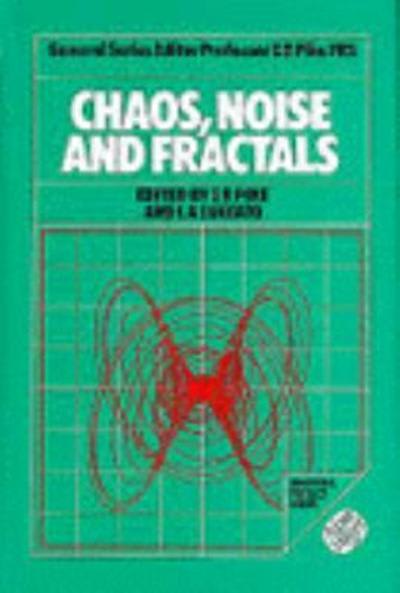Question
This is an extract from an articles: What is the result/conclusion from the study All 33 students attending the course participated in the study and
This is an extract from an articles: What is the result/conclusion from the study
All 33 students attending the course participated in the study and provided survey data at study start. Their mean age at the start of this study was 40 years (SD 7.7, range 28-52 years). The students were experienced female nurses (mean work experience 12.8 years; SD 7.9, range 3-30 years). At the end of the study period, questionnaires were returned by 24 of the 33 students: three students had left prematurely (due to maternity leave or health reasons) and six of those who completed the course did not return the questionnaires.
Quantitative data
The majority of students reported improved skills in finding research between the start and end of the study. At the start, only 6.7% of the 33 participants reported great ability to find useful information searching the internet, whereas 40% of the 24 students reported great ability by the end of the course. Results also showed self-reported improvements in the ability to conduct more targeted literature searching after the first semester. Library databases were used to a high degree by 33.3% of the students, whereas only 7.4% used Google searches to a high degree. During the course, students reported improvements in critical appraisal skills: 27.3% reported little or no problems after finishing some modules, and this percentage had risen to 41.7% by the end of the study. Barriers to reading research literature decreased during the course. At the start 31.4% reported that reading English articles was a barrier of 'high degree', decreasing to 16.7% at the end of the course. Findings relating to reading habits also changed correspondingly. Before the study start, only 2.9% of the students reported to having read *11 English articles in the previous six months, but at the study end 66.7% were reading this number of papers. The proportion of students reading Norwegian articles had also increased, although a limited number of research articles in Norwegian are available: most Norwegian research is published in international journals. More than half the students experienced problems transferring evidence-based skills into practice. Lack of time was deemed the most important limiting factor, although structural and organisational problems, and workplace environment, also played a part (Table 2).
Qualitative data
Qualitative research findings showed that students' perceptions of organisational barriers included hierarchy, fear of negative judgements, competing demands and fear of change (Table 3). More detailed information about students' perceptions of challenges was provided by their individual written reflections, which enabled them to describe perceived barriers of research utilisation in their own words. Confidence, or lack of confidence, to implement evidence-based skills in the workplace was a key element in the students' perceptions. Participants felt that greater support from their colleagues and management was needed.

Step by Step Solution
There are 3 Steps involved in it
Step: 1

Get Instant Access to Expert-Tailored Solutions
See step-by-step solutions with expert insights and AI powered tools for academic success
Step: 2

Step: 3

Ace Your Homework with AI
Get the answers you need in no time with our AI-driven, step-by-step assistance
Get Started


